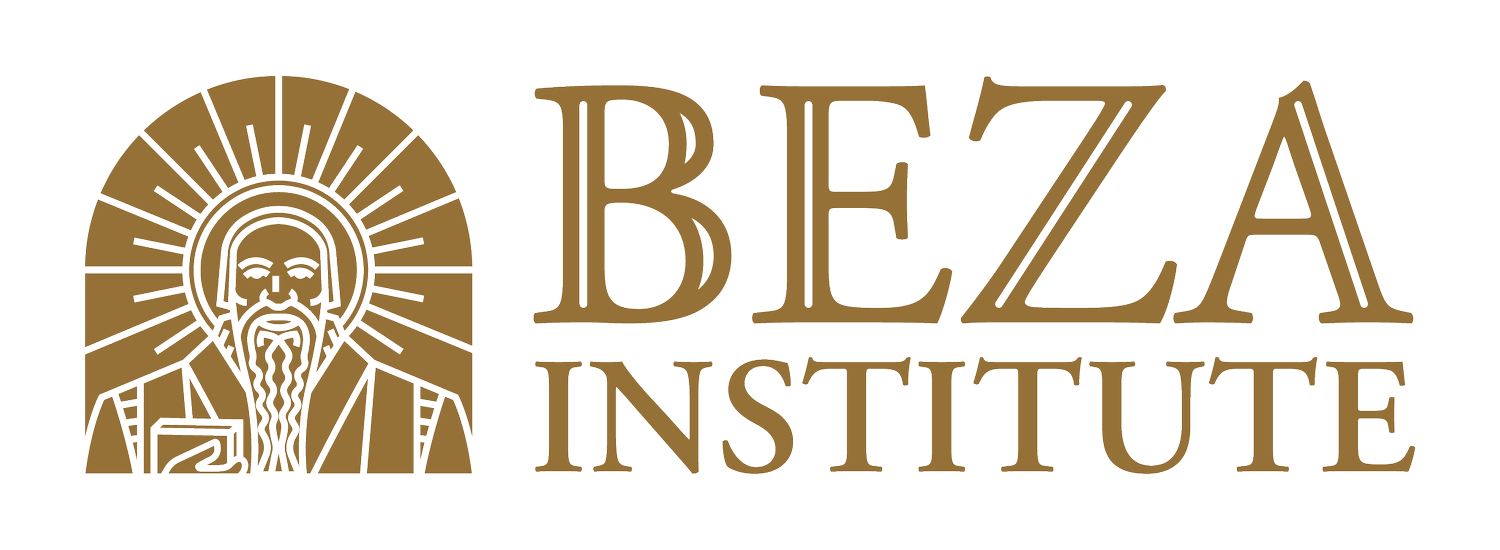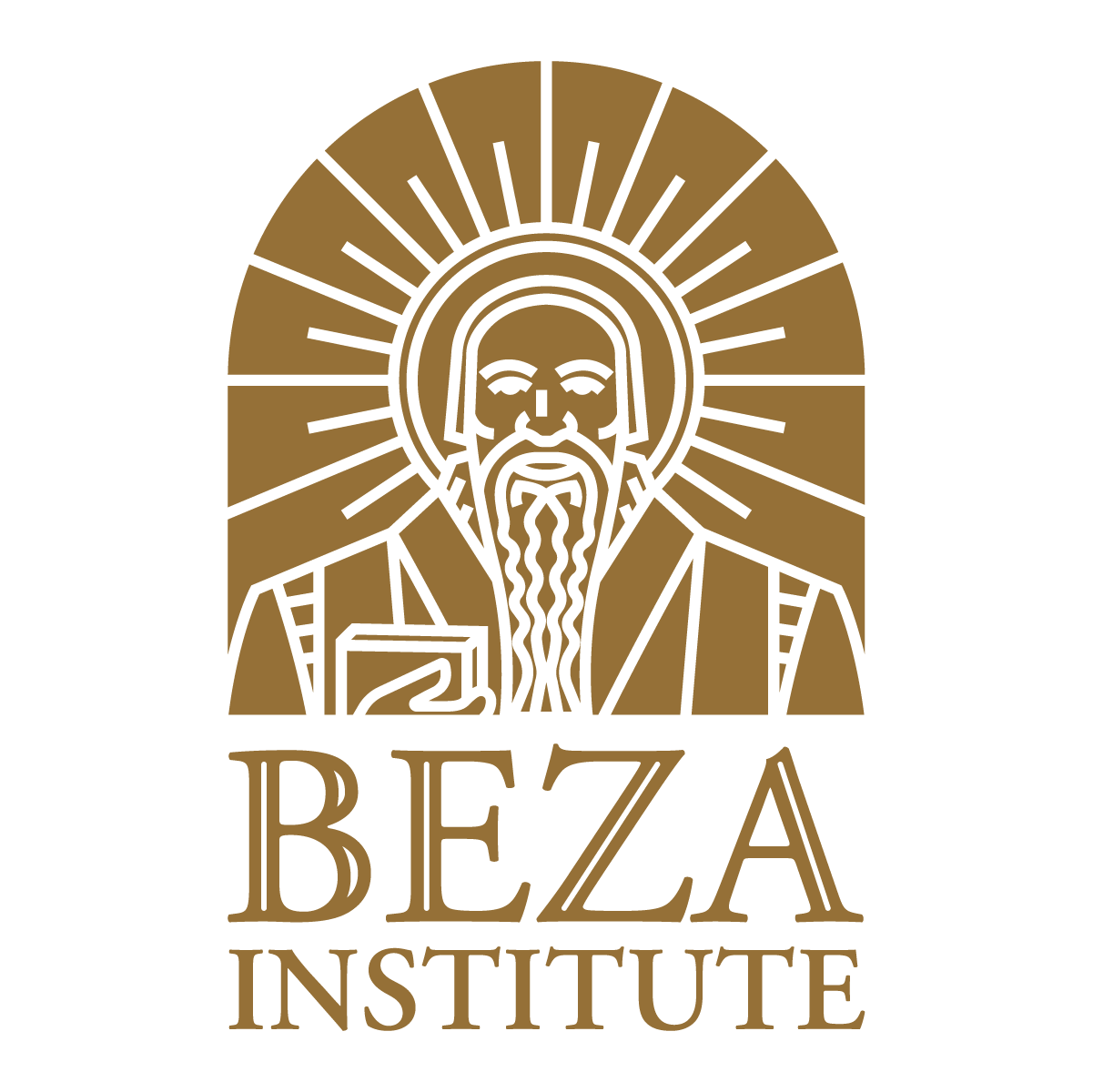Virtues for Strong Teams in Classical Christian Schools
It seems there is a myriad of books, study tools, field guides, online assessments, team building exercises, and so much more, all focused on the concepts of leadership and team building. A simple online search for “school leadership books” pulls page after page of results followed by eight suggested alternative searches to garner even more results. As leaders in the classical Christian school movement, where do we go for help? How do we discern the good, better, and best resources that will assist us in the correct ways to navigate through the challenging waters of school life?
Certainly, we should begin at the basic and most obvious choice—God’s Word. A thorough and continual study of the Bible should be the rudimentary leadership and personal growth guide for any Christian. Without that discipline in place, your school may grow, and you may even find success (by worldly standards), but you will not, I argue, be truly focused on the correct things if you don’t start with what God has to say about your life, the lives of those you lead, and how He is calling each of us to grow through the instruction in His Word.
I want to offer some hopeful clarity in the vast number of resources that seemingly grows all the time in the areas of leadership and team building. In my experience of developing myself as a leader and building several successful teams in the arenas of K-12, higher education, and the military, I have found the work of Patrick Lencioni to be of great value.
I have read most of Lencioni’s books multiple times, including his seminal work The Five Dysfunctions of a Team and newer books such as The 6 Types of Working Genius, all of which I highly recommend. Lencioni typically introduces each book’s key lessons through fables and stories, followed by an in-depth development of the book’s main topic(s).
For this article, I offer the great work The Ideal Team Player. In this work, Lencioni focuses on three core virtues: humble, hungry, and smart, together with their role in forming a great team. It has been said that a leader is only as good as those who follow him, so it follows that strong leaders need strong team players. Lencioni suggests that strong team players will lack excessive egos, celebrate others, and put the team above themselves (humble). They will likewise aim to go above and beyond, to learn, and to grow in responsibility (hungry) while demonstrating common sense and the ability to navigate various interpersonal differences (smart).
Building a strong team is, of course, a challenge—but it is worth the struggle. Amidst the many things that pull at our strings as school leaders, we must take the time to ensure we build the right team to lead the school. While we search through the philosophical aspects of a classical education (of great importance of course in its own right), and we seek to ensure the soundness and Christian fidelity of our teaching (also of paramount importance), we must also ensure that we have the proper team in place—including the board, head of school, administrators, teachers, support staff, and volunteers.
In hiring processes, admissions interviews, and personal goal setting, we must strive to find people to work with who are humble, hungry, and smart. To do otherwise hazards damaging our schools in ways that are difficult to undo. The task of building excellent teams is a challenge, but well worth the effort in the long run. It is hard work, but isn’t that part and parcel of a classical education already?

